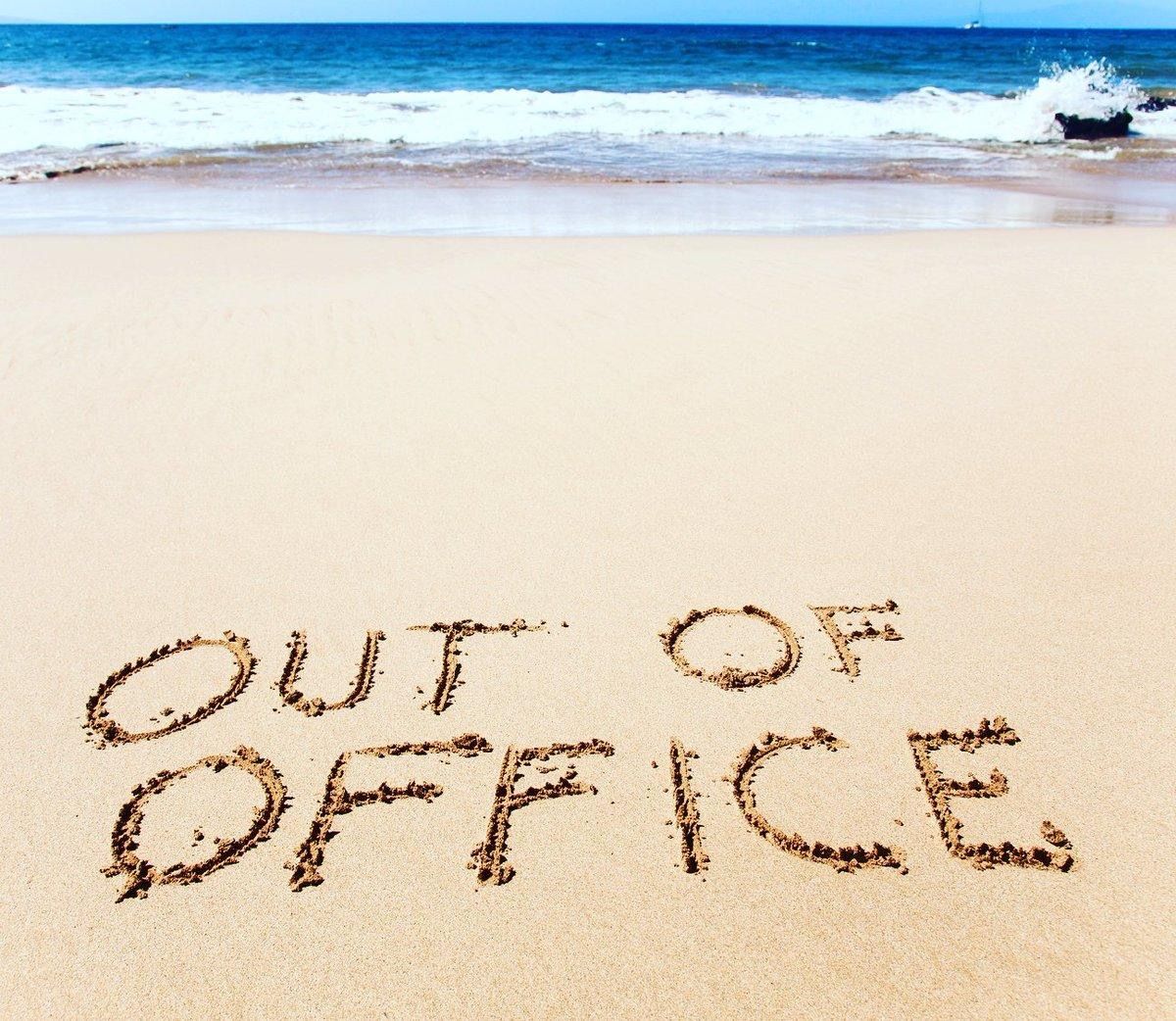By Sharon Pegg, Director, Northern Powerhouse Consulting Ltd

Reducing Isolation in Your Remote Team
Many businesses have considered implementing it, but the Covid-19 outbreak and the resulting lockdown made remote working a reality for many organisations.
While remote working definitely has its benefits-it saves businesses money, it can improve productivity, and it can give employees a better work/life balance- it also comes with its own issues.
One of the things that people struggle with most when working remotely is isolation. Just last year, Buffer published its report on the ‘State of Remote Work,’ where 19% of the respondents that took part in its survey said that loneliness and isolation was a big problem for them, second only to the inability to switch off from work.
Add to this that we’re living in a time when we’ve had to social distance and self-isolate, and it becomes an even bigger problem that can have serious ramifications for productivity and mental health.
How can managers reduce isolation in their remote teams?
At times like this, managers need to be the human face, instead of being ‘the boss.’ Remember that everyone will have had a different experience of lockdown, and some employees’ living situations and personalities will be more suited to remote working than others.
Accept that people aren’t likely to be as productive, and take these steps to reduce isolation in your remote team.
Stay in touch
Feeling disconnected contributes to isolation. The in-person team meetings, the shared lunch and coffee breaks, and the after work drinks on a Friday might not be happening but stay in touch with your team members as much as you can.
Don’t rule out phone calls and emails, but video calls can help reduce feelings of isolation that bit more since you can see each other.
Have your regular team meetings and 1-2-1 catch ups (especially if you think someone is struggling), but make time for virtual coffee breaks, after work cocktails, and catch-up chats that aren’t just about work.
Make good use of technology to stay connected
Platforms like Slack and Trello are great for managing work tasks and collaborating, but they are also great places to have a group chat and share interesting articles or anything else that builds and maintains that sense of being a team.
Reassure your people that you know that they are doing their best
Working from home is not ideal for everyone. Some employees will have had to home school and look after their children, and others might have had issues with technology, or countless other distractions to deal with.
As a manager, you need to reassure your team members that they are not alone in this, and as long as they are doing their best, whatever that looks like, that’s all you expect.
Keep employees up to date
One of the things people feel when they are working remotely is a sense of being disconnected from their team and the organisation. As well as communicating about work tasks and checking up on wellbeing, you should also update them on any changes that are on the horizon in the organisation, how the business is dealing with the challenges of continuing to operate in this difficult time, and anything else you think they need to know. This will help employees feel more connected.
Let them know your door is always open (even if it is virtually)
It’s more important than ever to keep the lines of communication open with your team members. If they are struggling, just knowing that someone is a message or call away can really help.
Watch out for signs of poor mental health
It can be harder to spot the signs that someone in your team is struggling when you are working remotely, but the fact is, working from home can create a perfect storm of things that can affect mental health. And that’s without a pandemic and a lockdown on top.
There’s the isolation and lack of interaction, the lack of separation between work and life, and the very real risk of burnout.
Watch out for team members who seem withdrawn or distracted in virtual meetings or during 1-2-1s, and even though you can’t expect people to be as productive right now, look out for noticeable drops in performance.
If you suspect someone is experiencing poor mental health, the first step is to have a chat with them about it. Remember not to assume anything and be considerate and empathetic. Even if they don’t feel comfortable completely opening up, sometimes just knowing they can is enough.
Isolation has a negative impact on productivity and mental health, but when you’re working remotely, loneliness and isolation isn’t inevitable. There’s a lot to deal with in these testing times, but if we go back to basics and focus on connection and the human side of management, we’ll not only ‘get through it’, we’ll thrive.






